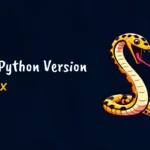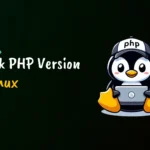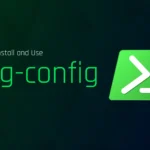How to Use ed (Standard Line Editor) on Unix/Linux
Ed is one of the oldest line editor, having existed for almost four decades. It was introduced long before Vi or Vim, and by looking at its functionality, you can clearly say that Vi drew inspiration from ed, as they share many similarities. Before we





